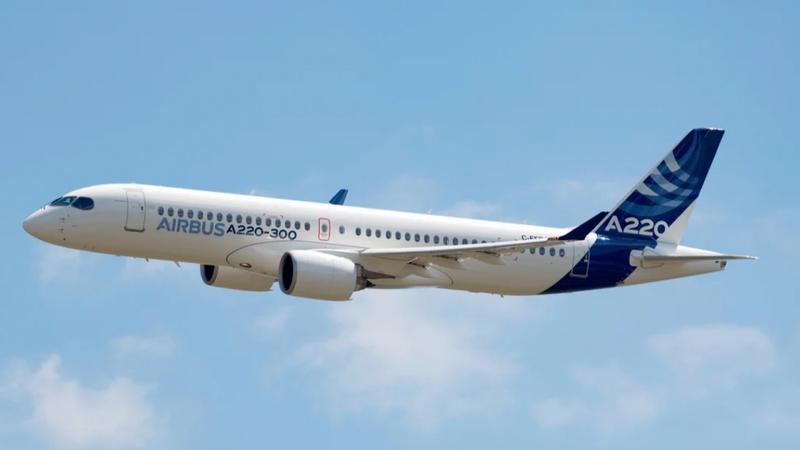Published 17:37 IST, April 23rd 2024
European airlines’ hot summer belies sector clouds
That could mean higher air fares, and chunkier net-income margins for carriers that can keep in-demand routes in service.

Less is more. This summer, European airlines may find that fewer planes mean more profit. Airbus and Boeing’s supply chain issues, on top of regulatory scrutiny at the embattled U.S. manufacturer, mean that customers like 23 billion euro Ryanair won’t get as many aircraft as they might like. That could mean higher air fares, and chunkier net-income margins for carriers that can keep in-demand routes in service. The only problem is that it may prove a short-term boost as part of a shakier glide path.
Planes are scarce. Airbus is likely to hand over fewer commercial aircraft in 2024 than it did in 2019, due to ongoing supply chain issues. Meanwhile, under-fire rival Boeing saw its March deliveries halve from the year before as regulators stepped up factory checks. Ryanair said last week that it expected to receive 40 new Boeing jets by mid-July, compared with previous plans for 57 by the end of April. Certain Airbus planes are also being grounded to undergo engine inspections.
Demand, however, is holding up well. Holidaymakers have largely shrugged off recession fears and the outbreak of war. In an upbeat earnings release last Thursday, easyJet said that summer bookings were up on last year, in terms of both volume and pricing. Strong demand and weak supply mean airlines can charge more. That will come as a relief to carriers, who have long suffered a continent-wide surplus of planes and routes, which crimped margins and helped to tank valuations. Even over the past year, a basket of five leading airline groups have, on average, seen their forward price-earnings ratios slip from 12 to around 6, using analyst estimates compiled by LSEG.

The question for investors is whether any bumper profits in 2024 will persist. That looks unlikely. Expenses are generally rising across the sector, including environmental outlays, wage hikes and the maintenance costs of having to keep older aircraft in service for longer. Industrial action is another potential hurdle for CEOs: Lufthansa said last week that strikes had knocked its first-quarter earnings by around 350 million euros. The 8 billion euro group also downgraded its adjusted operating profit forecast for the year.
Such problems augur well for stronger peers like Ryanair and easyJet. The latter UK-based group, for example, said in January that it expected to receive all 16 of its new aircraft this financial year. That sets it up well to capitalise on rivals’ weakness this holiday season – but possibly only as a summer fling.
Updated 17:37 IST, April 23rd 2024





